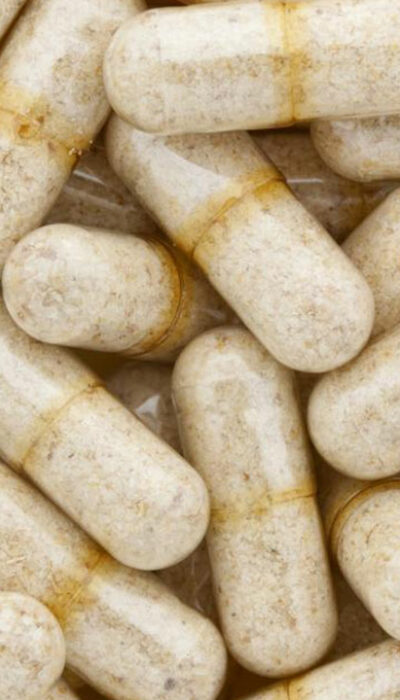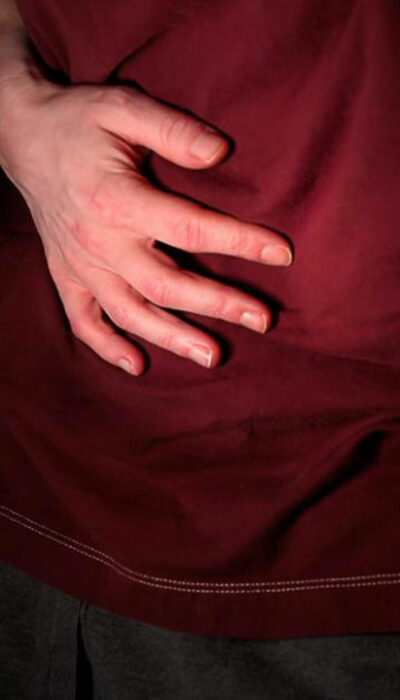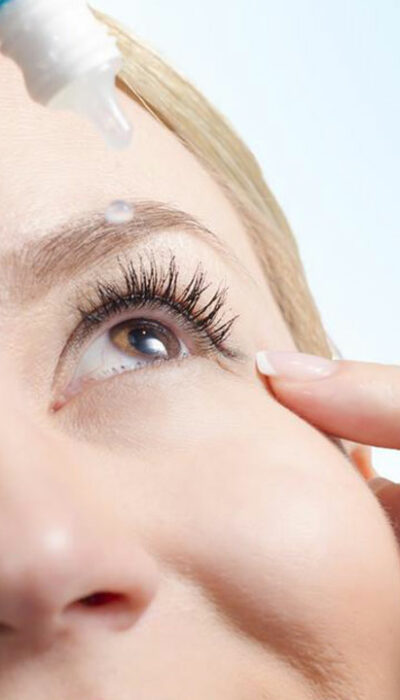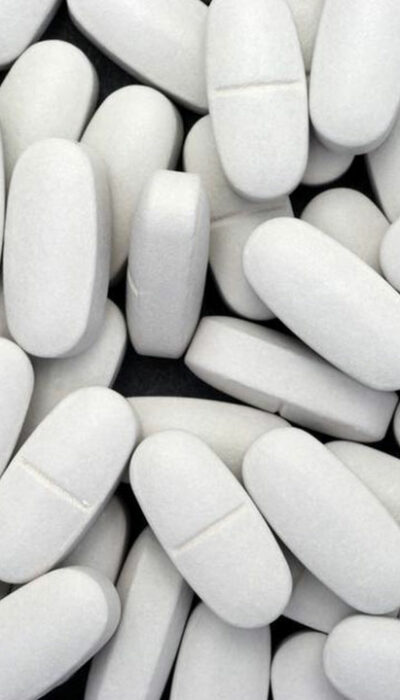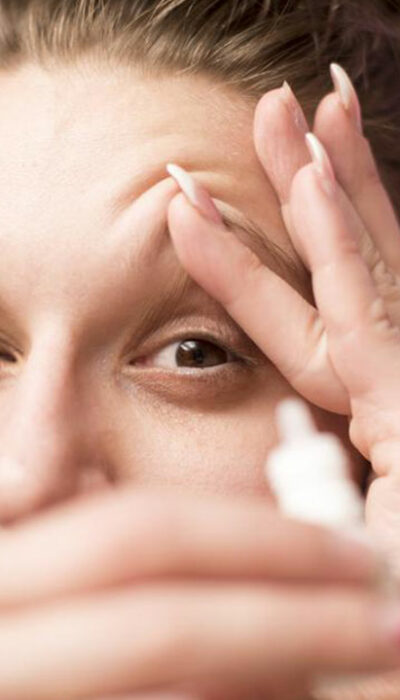
Dry Eyes – Causes, Symptoms, and Treatments
Tears provide moistures and keep the eyes lubricated. Generally, tears contain water, oil, mucus and special proteins which protect from eye infections. In contrast dried eyes mean the eyes are deprived of the essential tears. Dry eyes don’t have adequate moisture. Those who suffer from dry eyes experience different symptoms such as itching, redness, and blurred vision. The eyes of people with dry eye syndrome fail to maintain a normal layer of tears which coat the eyes. It prevents the keeping away of the eye irritants. In some cases dry eyes also result in excess tears which are known as reflex tearing. Low moisture content causes irritation in the eye and asks the nervous system for more lubrication. In response to tears are generated to make up for the dryness in eyes. Tears keep the eyes protected and wash the dust and grime from the eye. Causes of dry eyes There are different causes of dry eyes. Occasionally deviations in the tear-flow system could be the probable causes of dry eyes. Heaters, air conditioners and several other environmental factors around us can also cause the eye to dry out. Drugs such as antihistamines, birth control pills, nasal decongestants may even cause side-effects on the eyes contributing to dry eyes. Gradual progression of age and menopause likely can cause dry eyes. Certain diseases such as collagen vascular disease, rheumatoid arthritis, and Sjogren’s syndrome also impact the ability of the eye to generate tears. Certain lifestyle habits such as working on the computer and reading for long hours can worsen the problem if you suffer from dry eyes. People who suffer from dry eyes are generally susceptible to bacterial infections which can cause scarring in the eye cornea. In some cases, the problem worsens, which can cause permanent blindness. The tears in human eye have three layers.

